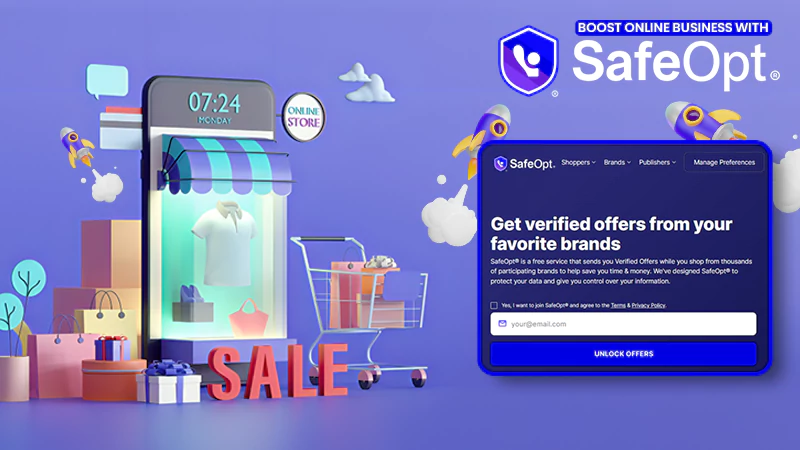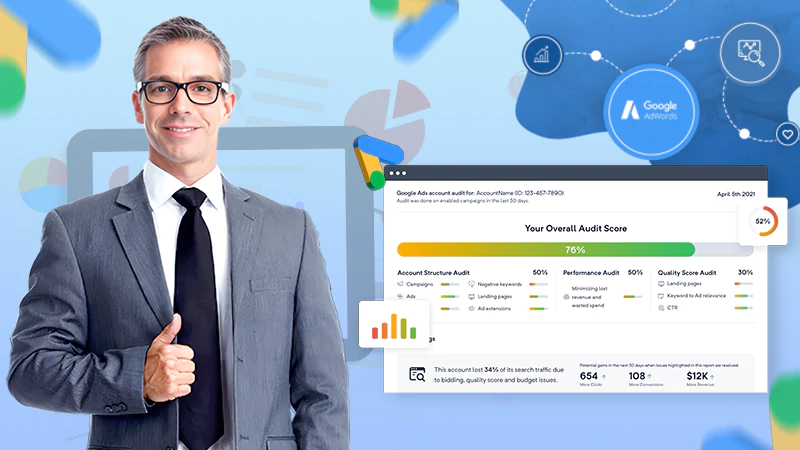A Detailed Guide on Facebook’s Conversion API
The Facebook pixel is an extremely useful tool for tracking business data on social media platforms. Unfortunately, in recent years, its usefulness has dwindled. But, due to the Facebook conversions API, all is not lost.
The Facebook conversions API is another software tool in the Facebook data toolkit that works with Facebook pixel to make sure that you acquire all of the info you need. They work together to help you measure, credit, and enhance your Facebook marketing results.
What Do You Mean by Facebook Conversions API?
To fully comprehend the Facebook conversions API, you must first comprehend the Facebook pixel. In summary: The Facebook pixel is an add-on for your browser. That simply means it collects information through the user’s browser.
However, the browser is also where the user may install cookie and ad blockers and disable tracking cookies entirely. Browsers crash from time to time, causing data paths to be lost. When connections are inadequate, they may also lose data.
In contrast, the Facebook conversions API is a server-side tool. It was previously known as the server-side API. It enables you to track conversions via your website’s server rather than through your visitors’ browser. It records “server events” rather than “browser pixel events.”
As previously said, it’s an additional commercial tool that works in tandem with the Facebook pixel. It increases the precision of your Facebook monitoring by gathering data that might otherwise be missed if you relied just on browser events.
In contrast, the Facebook conversions API is a server-side tool. It was previously known as the server-side API. It enables you to track conversions via the website’s server instead of through the visitors’ browser. It records “server events” rather than “browser pixel events.”
Cookies aren’t used by the conversions API. That implies the tracking capabilities of your website are unaffected by the browser settings and performance of your users.
As previously said, it’s an additional commercial tool that works in tandem with the Facebook pixel. It increases the precision of your Facebook monitoring by gathering data that might otherwise be missed if you relied just on browser events.
When a user (using their stored user data) causes an event, the server sends a request to the Facebook server with information about the event and the user.
How to Use the Facebook Conversion API?
The Facebook Conversions API is simple to use, and it doesn’t require any technical knowledge to set up. In truth, you only require the following:
- Manager of Facebook pages.
- Connect your website to a Facebook Pixel. It’s crucial to remember that it should be linked to the Business Manager.
- A Facebook application. This is a hybrid tool for interacting with the Facebook Conversions API and Business Manager.
Conclusion
Finally, the Conversions API is an excellent tool for advertising. Advertisers worldwide utilize it to obtain a deeper understanding of their customers’ funnel journeys and tailor their ad experiences to achieve better outcomes.
This one-of-a-kind ad experience is achieved while respecting data privacy. Since cookies and browser-based monitoring are becoming obsolete in advertising, especially in the mid and lower funnels, where customers exchange sensitive and personal information, data privacy is a major concern.
The Challenges and Benefits of Removing Negative Online…
Unlock the Simplest Way to Access LaSRS Login…
Strategic Wins: How SafeOpt Can Boost Your Online…
5 Reasons Why Marketing Matters in Business?
Google Ads: What Are the Basic Checklists to…
The Crucial Role of Press Releases in a…
8 Best Tech Tips to Implement for Better…
Fax Machines in the Digital Age: A Sustainable…
Breaking Barriers: The Power of Business Translation Services
Why Do Businesses Need a Dedicated Mobile App?
The Role of Onboarding in Improving Employee Retention…
3 Major Benefits of Onsite IT Support












